Our Staff
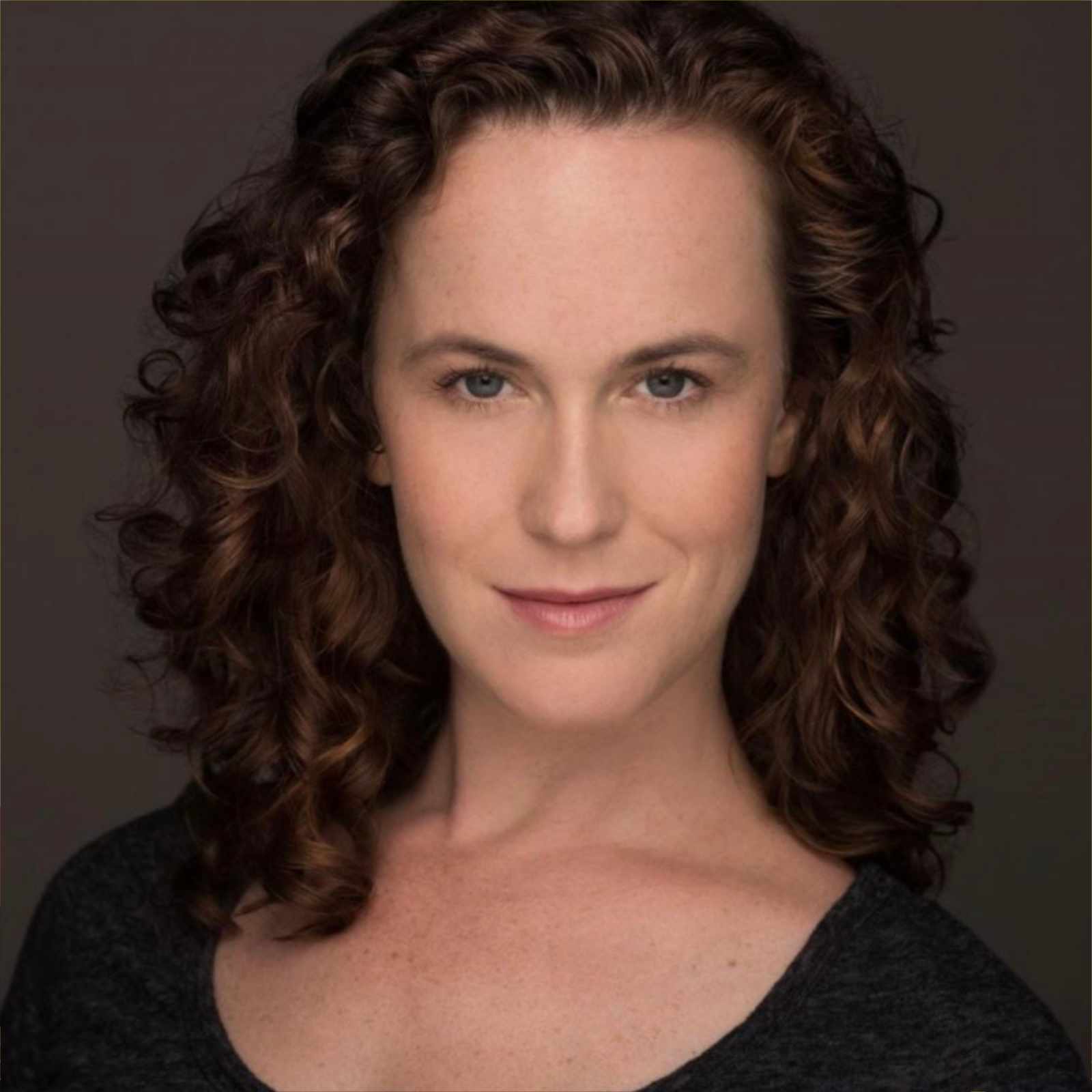
Jana Morgan, Director
Jana Morgan is the director of the Declaration for American Democracy, a coalition of over 180 groups from the labor, racial justice, faith, women’s rights, environmental, good government, and many other important communities, on a mission to take back our democracy and restore power to the people.
More About Jana
She previously served as the Director of Advocacy and Campaigns at the International Corporate Accountability Roundtable, where she led the organization’s efforts to combat corporate capture and launched the Protect the Protest coalition. Before that, she was the Director of Publish What You Pay – United States where she led the coalition’s efforts to bring transparency and accountability to the oil, gas, and mining sector, and now serves on the organization’s steering committee. Jana also worked at Global Witness, advocating to break the link between natural resources, corruption and conflict, and conducting in country field research on Afghanistan’s extractive sector, conflict minerals exploitation in the eastern Democratic Republic of Congo, and the development of governance systems for Uganda’s emerging oil sector.
She previously served as the representative for North America and Europe both as a member of the board for the Extractive Industries Transparency Initiative and the Publish What You Pay Global Council.
Jana holds an MA in International Relations from the Maxwell School of Syracuse University and a Certificate of Advanced Study in Conflict Resolution. She received her BA in Government from St. Lawrence University.

Spencer Olson, Communications Director
Spencer Olson is the communications director for the Declaration for American Democracy. Spencer has chaired the coalition’s communications working group for the last two and a half years.
More About Spencer
He previously served as the associate director for democracy at ReThink Media, leading the organization’s money in politics and judicial independence projects. Before that, he worked at Fuse Washington directing Washington state’s Communications Hub, a capacity building communications shop. Through those experiences, Spencer led the communications programs for multiple coalitions, including Honest Elections Seattle and the Washington Voting Justice Coalition, that successfully enacted small donor financing programs, automatic voter registration, and other transformative democracy reforms.
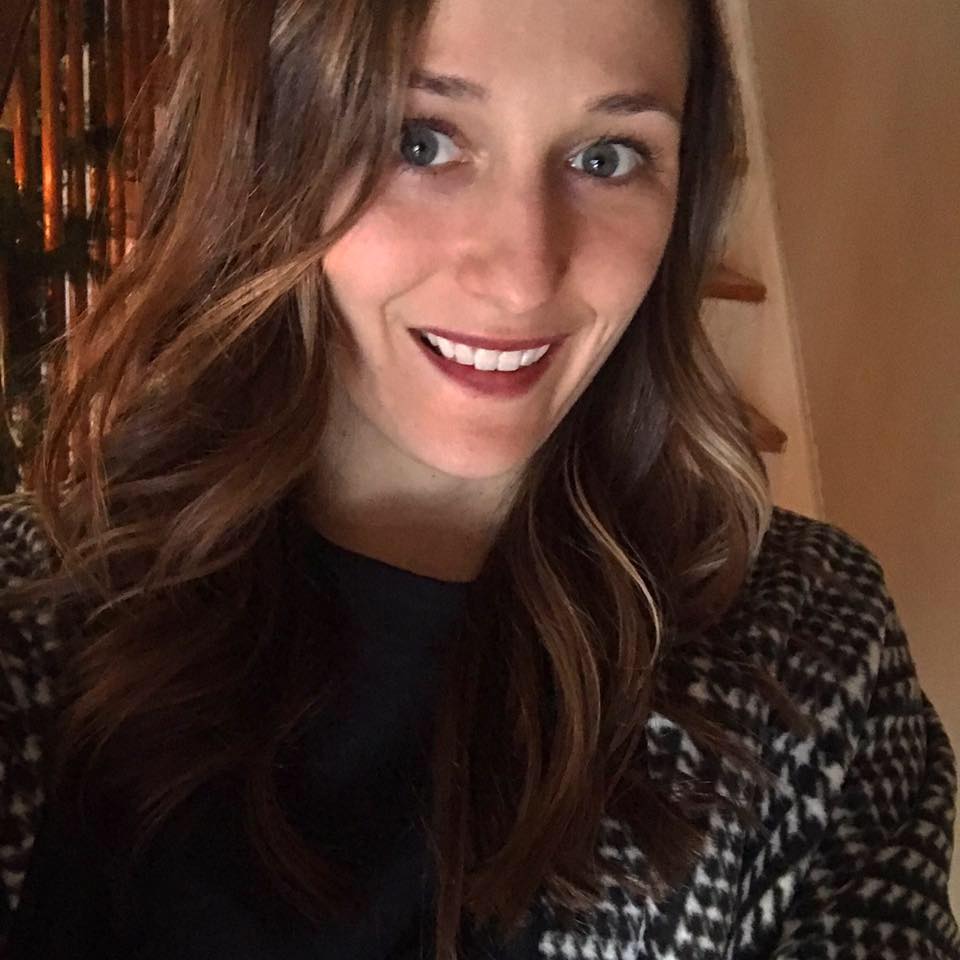
Christine Wood, Field Coordinator
Christine Wood serves as the Field Coordinator for the Declaration for American Democracy. In addition to this role, she works for Public Citizen on their Democracy Is For People Campaign.
More About Christine
Christine’s background is in electoral politics and issue-based advocacy. Prior to her position with Public Citizen, Christine served as the Field Director for a competitive Congressional campaign, and did field work in the 2016 electoral cycle.
Christine got her start in issue-based advocacy working on the Climate Reality Projects’ 100% Renewable campaigns, where she led organizing efforts on several college campuses.
Through those experiences, Christine developed a passion for inspiring everyday people to take action, which continues to drive her work on securing sweeping democracy reform.
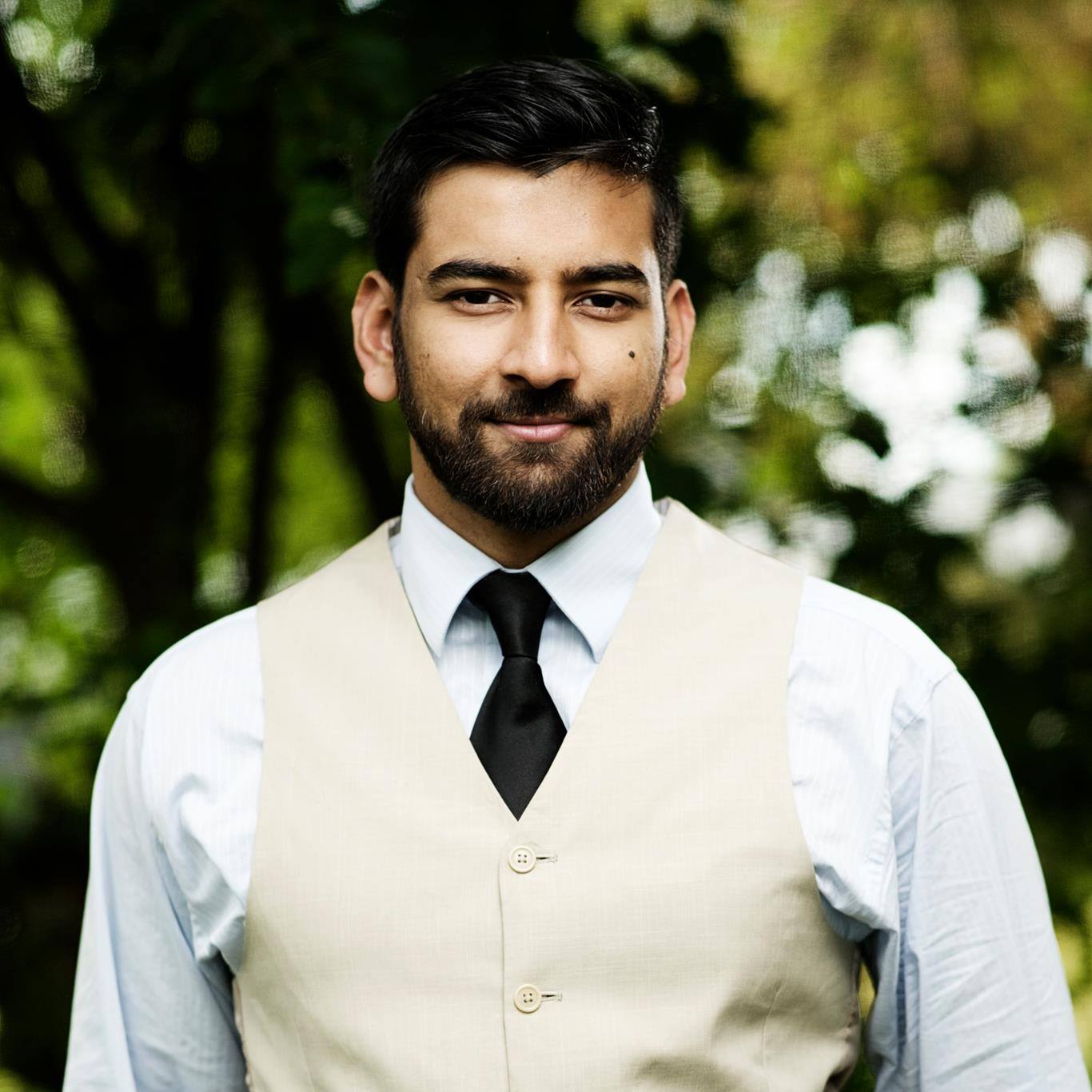
Aswar Rahman, Digital Content Creator
Aswar Rahman leads digital content creation for the Declaration for American Democracy. Aswar’s background is in electoral politics.
More About Aswar
He served as Digital Content Director for Senator Amy Klobuchar’s 2020 Presidential Campaign, and prior to that served as Digital Director for Representative Dean Phillips’ first Congressional run.
Aswar’s expertise is in digital strategy, graphic design and video production — he’s looking forward to be an asset to the over 150 members of the DFAD coalition.

Elias Hakim, Campaign Associate
Elias Hakim is the campaign associate for the Declaration for American Democracy. Before joining DFAD, he was most recently the assistant for field and member services at The Leadership Conference on Civil and Human Rights.
More About Elias
Elias graduated from Virginia Commonwealth University with a BA in Government & Politics in 2019. As a student, he engaged as an organizer on his campus while holding internships on electoral campaigns, in the Office of the Governor, and in the US House of Representatives.
Elias is looking forward to utilizing his skills and his passion for democracy to support the work of the DFAD coalition.

Cecilia Bernard, Field Organizer
Cecilia Bernard is an organizer for the Declaration for American Democracy Coalition. Cecilia’s expertise is in electoral organizing and coalition building.
More About Cecilia
Most recently, Cecilia worked with Planned Parenthood Advocates of Iowa to gain momentum and build power in the Iowa legislature in order to protect and expand reproductive rights statewide.
She got her start as a campus organizer on Senator Elizabeth Warren’s Presidential Campaign in Des Moines, IA where she first developed her love of organizing.
Cecilia is looking forward to continuing to expand the movement for anti-corruption and restore power to the people through this role.
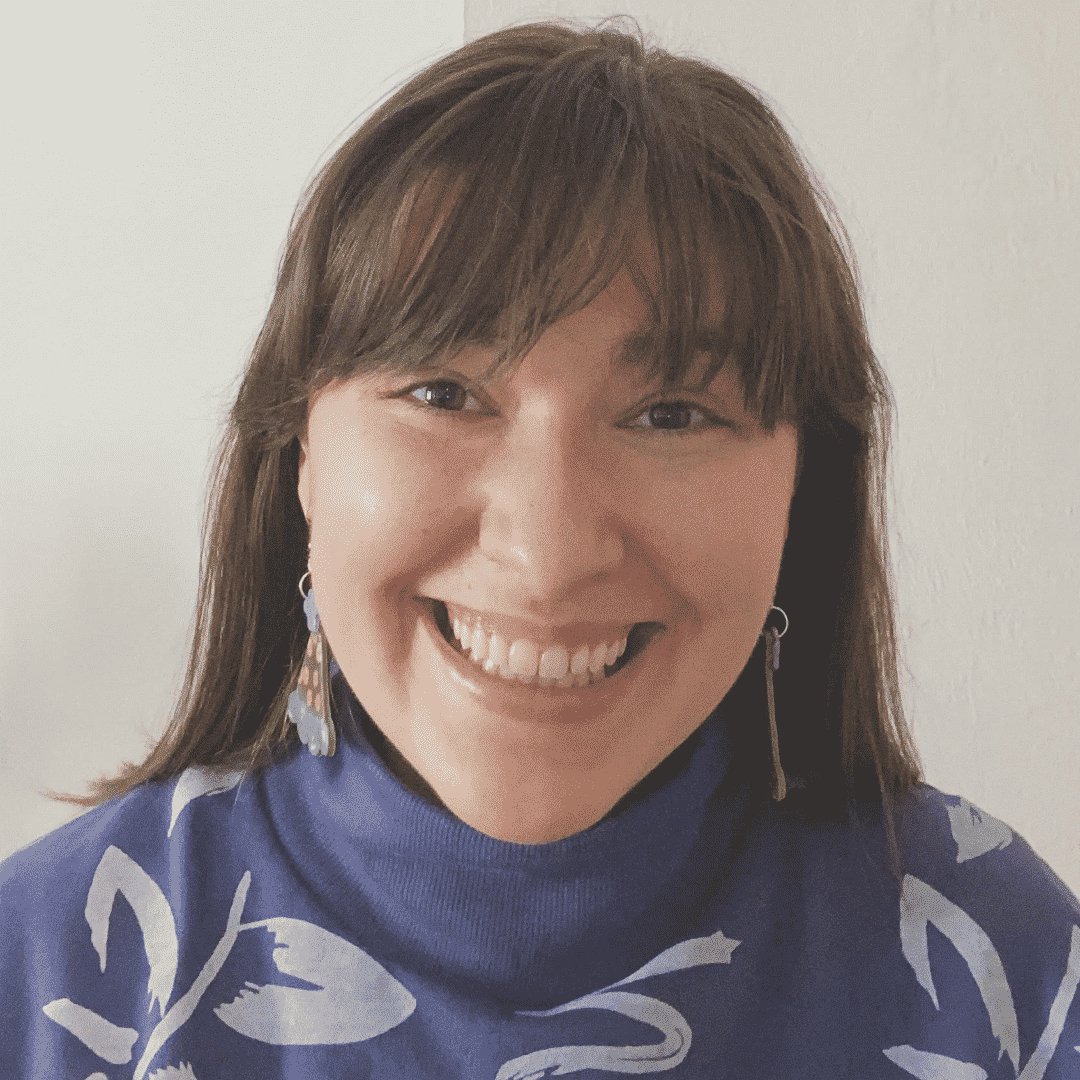
Sav Gribbins, Field Organizer
Sav is an experienced organizer with more than 4 years of experience. Prior to her career in politics she was a reporter and producer for National Public Radio.
More About Sav
She has worked for campaigns in the state of Florida since 2016 when she got started as a field staffer for Hillary Clinton. She recently helped launch a Florida Green New Deal.
Outside work she enjoys volunteering with a local mutual aid organization, packing and delivering groceries to elderly, low income, or disabled households.
Our Campaign Committee
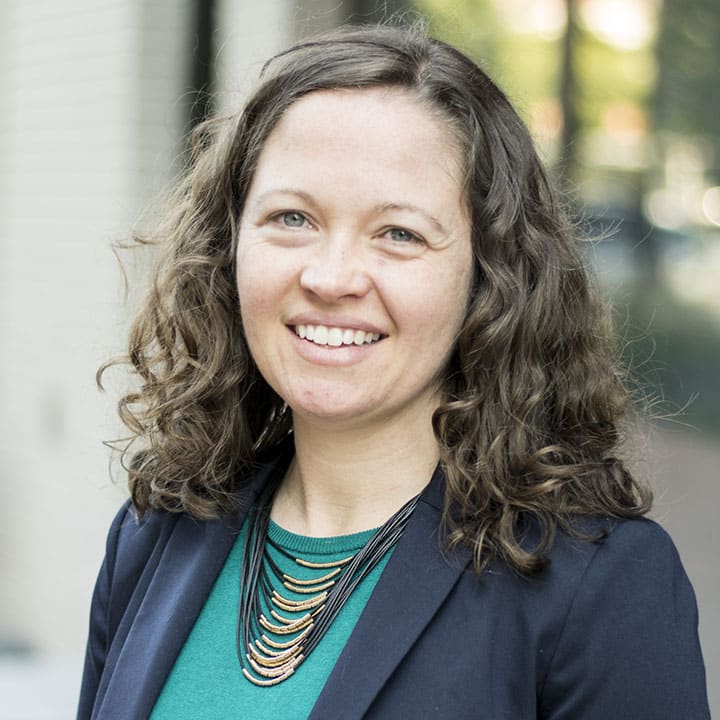
Jennifer Ahearn
Policy Director
Citizens for Responsibility and Ethics in Washington
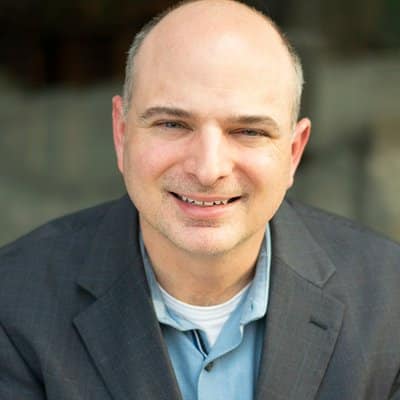
Noah Bookbinder
Policy Director
Citizens for Responsibility and Ethics in Washington
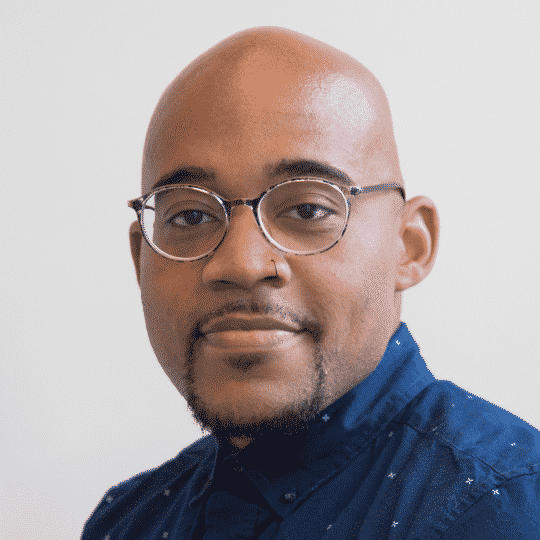
Jonathan Butler
Democracy Campaign Lead
Greenpeace
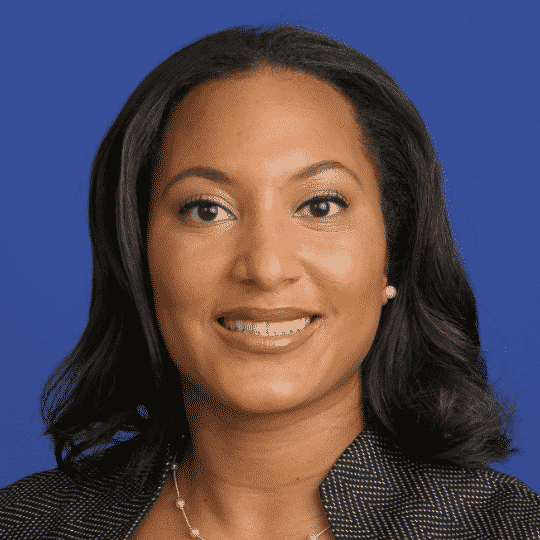
Leigh Chapman
Senior Director, Voting Rights Program
Leadership Conference

Kirstin Dunham
Senior Legislative Counsel
Brennan Center
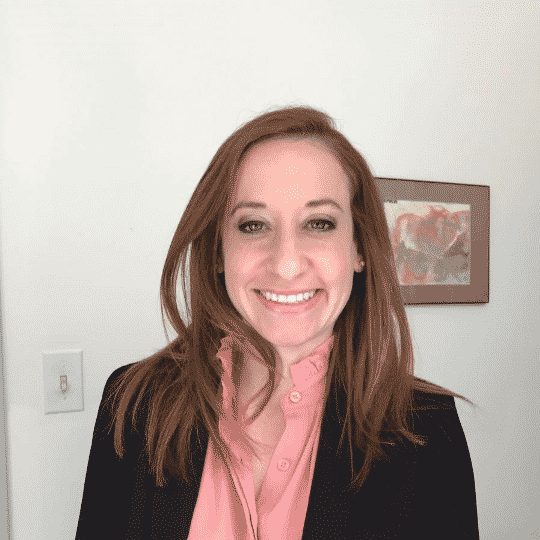
Lisa Gilbert
Executive Vice President
Public Citizen
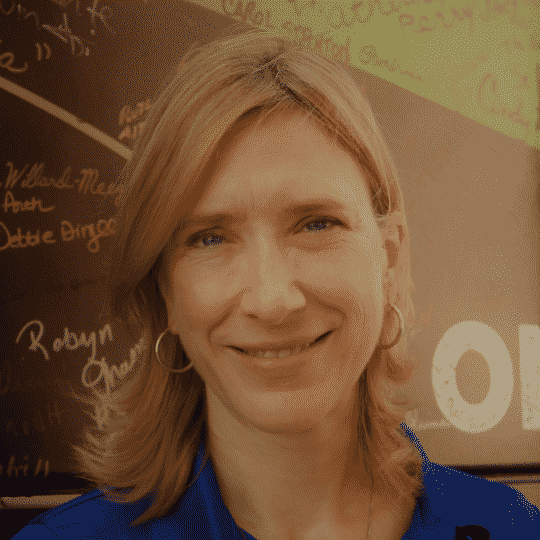
Quincy Howard
Government Relations Advocate
NETWORK
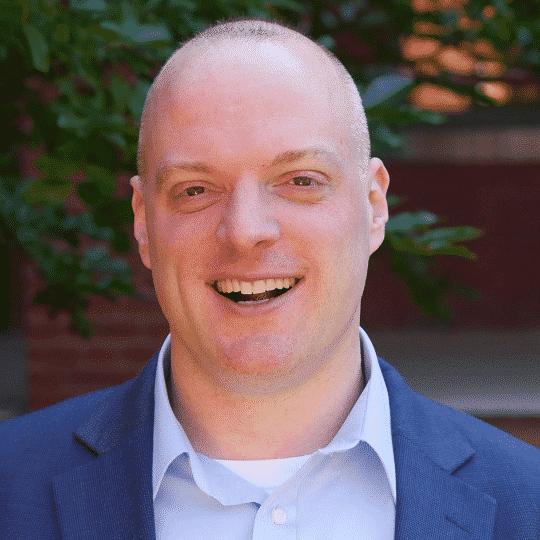
Jason Miller
Director of Campaigns and Development
Franciscan Action Network
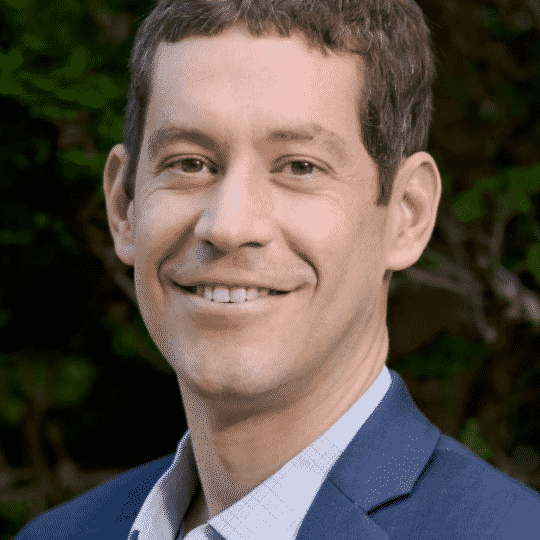
Aaron Scherb
Director of Legislative Affairs
Common Cause
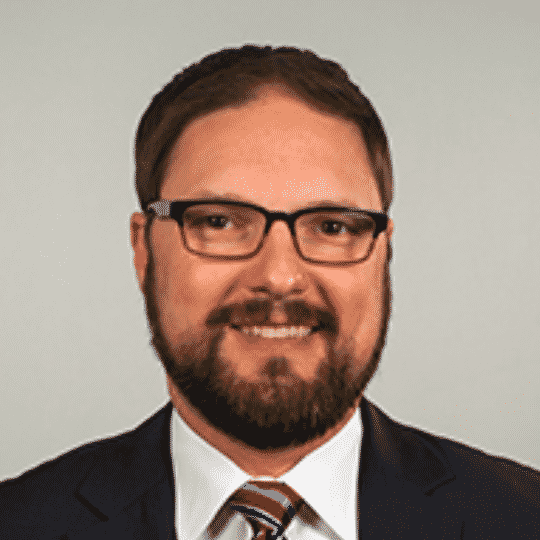
Michael Sozan
Senior Fellow
Center for American Progress
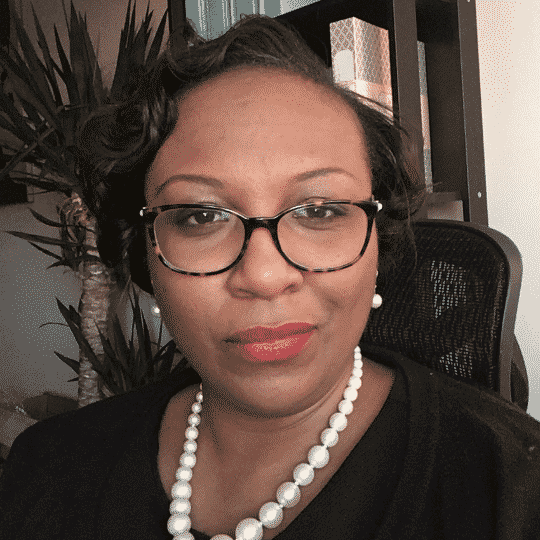
Celina Stewart
Chief Counsel, Sr. Dir. Of Advocacy and Litigation
League of Women Voters

Rio Tazewell
Senior Campaigns Manager
People for the American Way

Ria Thompson-Washington
Senior Voting Rights and Democracy Manager
Center for Popular Democracy
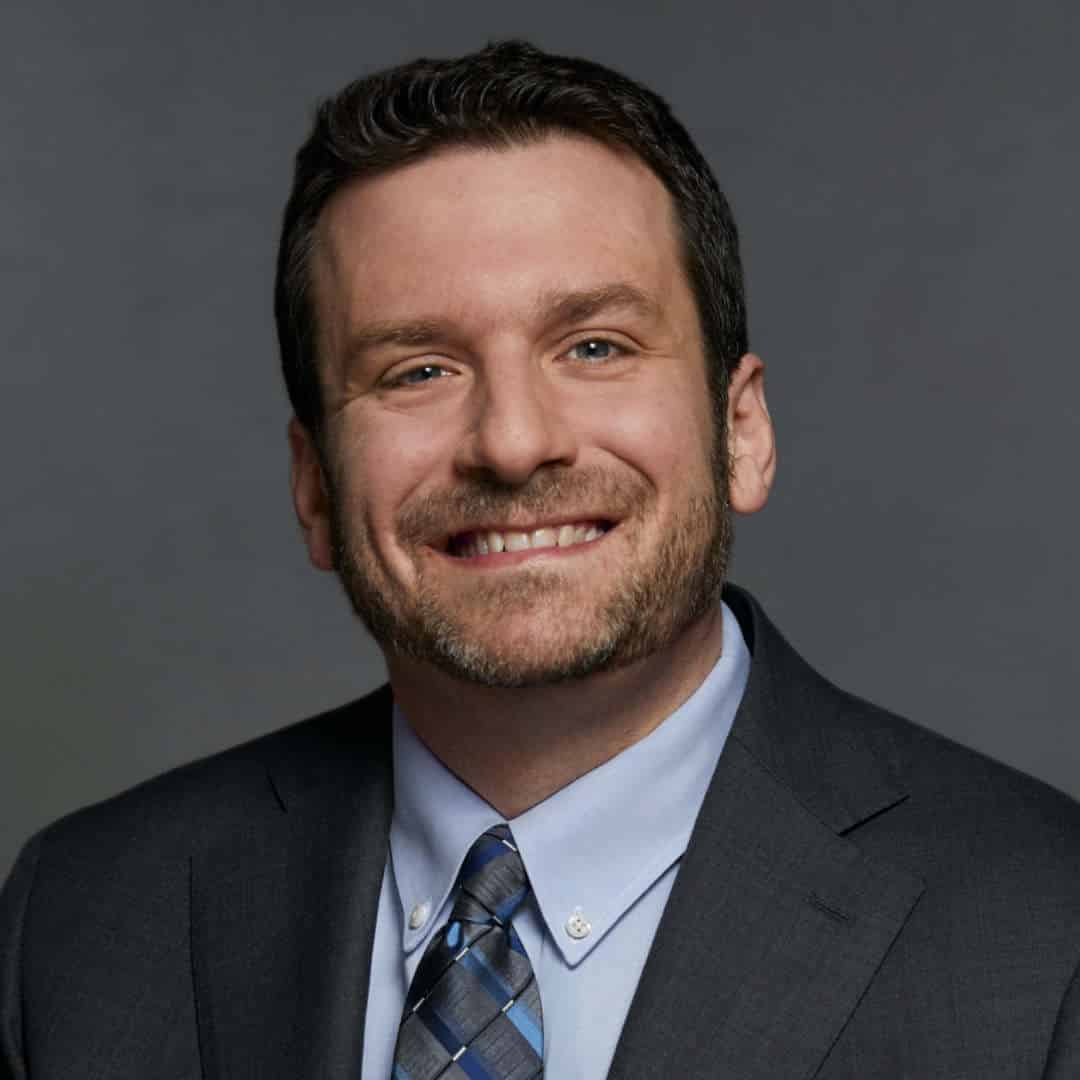
Dan Weiner
Deputy Director, Election Reform, Democracy
Brennan Center
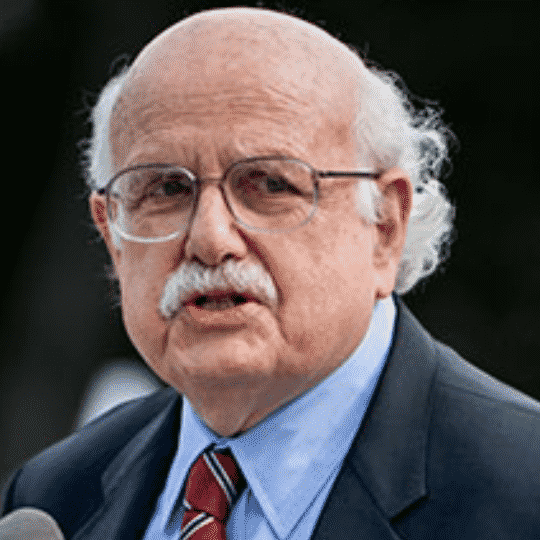
Fred Wertheimer
President
Democracy 21

Jana Morgan
Director and Campaign Committee Chair
Declaration for American Democracy

Spencer Olson
Communications Director
Declaration for American Democracy
Marge Baker
People for the American Way
Ashley Dwire
SEIU
Scott Fay
End Citizens United/Let America Vote
Getachew Kassa
Democracy Initiative
Justin Kwasa
League of Conservation Voters
Jennifer Lamson
Democracy Initiative
Adam Smith
End Citizens United/Let America Vote
Isaiah Wilson
SEIU
Christine Wood
Public Citizen
Our Working Groups & Subcommittees
Diversity, Equity and Inclusion
The Diversity, Equity and Inclusion (DEI) working group was formed by the Campaign Committee to analyze the coalition’s diversity in both membership and leadership, and to make recommendations for improvement where needed. It is critical that our coalition includes the voices of all Americans, especially those in Black and Brown communities who are often the most negatively impacted by our broken political system. These perspectives are needed in order for the Declaration to achieve its mission of passing truly transformative democracy reform. This subcommittee will work to ensure that all coalition partners feel comfortable participating and taking leadership roles within the coalition, and that our strategies and messaging are reflective of the diversity of our membership.
Chair
- Ria Thompson-Washington, National Democracy Manager – CPD: rthompsonwashington@populardemocracy.org
- Isaiah Wilson, Senior Legislative Manager – SEIU: isaiah.wilson@seiu.org
Grassroots
The Grassroots working group manages the coalition’s grassroots mobilization and strategies for advancing democracy reform. The team utilizes a variety of tactics, including netroots, phone calls, petition delivery, and in state events. Its goal is to demonstrate the overwhelming grassroots support for sweeping democracy reform, and to channel that energy into efforts to influence key decision makers to prioritize passing HR1 in the new Congress.
The Grassroots working group works closely with the Hill team to influence federal targets. Tactics include holding in-district (virtual) meetings, national days of action, rallies to demonstrate the broad support for democracy reform (virtual) or social distance compliant mobilizations, and putting the focus on democracy reform in key races to make it clear that this issue brings people to the polls.
This group meets every Wednesday from 12-1pm est.
Co-Chairs
- Rio Tazewell, Senior Campaigns Manager – PFAW: rtazewell@pfaw.org
- Aquene Freechild, Co-Director Democracy is for People Campaign – Public Citizen: Afreechild@citizen.org
- Christine Wood, Field Coordinator – DFAD/Public Citizen: cwood@citizen.org
- Reginald Thedford, Deputy Political Director – Stand Up America: reggie@standupamerica.com
Hill/Legislative
The Hill/Legislative team develops and implements outreach strategies to members of Congress, with the aim of educating them about the critical importance of bold reforms to strengthen our democracy, often through meetings and briefings. This working group’s objectives include building support among lawmakers for key pieces of federal legislation, including the For the People Act, the John Lewis Voting Rights Act, and statehood for Washington, D.C. The team meets on a monthly basis, or more as needed.
Co-Chairs
- Aaron Scherb, Director of Legislative Affairs Program – Common Cause: AScherb@commoncause.org
- Mike Sozan, Senior Fellow – Center for American Progress: Michael Sozan msozan@americanprogress.org
- Kadeem Cooper, Policy Counsel for the Public Policy Project, Lawyer’s Committee :kcooper@lawyerscommittee.org
Policy
The policy team developed our comprehensive list of democracy solutions based on the coalition’s Democracy Demands. Many of these policies were ultimately included in the For the People Act (HR1/S1). The Policy working group focused on expanding the knowledge of coalition members, allies, and the general public on HR1/S1 by developing coalition explainers, one-pagers, reports, and other resources needed to advance transformative democracy reform. The working group drafted a set of recommended executive orders on democracy reform and shared those with the Biden administration to encourage them to implement those measures as we simultaneously push Congress to pass sweeping democracy reforms. The team meets as needed.
Co-Chairs
- Jen Ahearn, Policy Director – CREW: jahearn@citizensforethics.org
- Aaron Scherb, Director of Legislative Affairs Program – Common Cause: AScherb@commoncause.org
Communications
The Communications Working Group provides messaging guidance and materials to the coalition, aids coalition partners in their communications efforts, and works at both the national and state levels to advance our priorities. Its main objective is to elevate democracy reform issues and educate the public about the policy proposals in the For the People Act, John Lewis Voting Rights Advancement Act, and other legislation supported by the coalition.
The working group also conducts rapid response efforts around the news of the day that is relevant to advancing a pro-democracy narrative, employs story-telling tactics to amplify how Americans have been negatively impacted by deliberate barriers to participating, influences news stories and editorial boards, and helps coalition partners to place high-profile thought pieces.
The comms team meets every week on Thursday from 2-3pm EST.
Chair
Spencer Olson, Associate Director for Democracy – ReThink Media: spencer@rethinkmedia.org
Administration Engagement
During the 2020 election, this group was focused on creating a ‘democracy arms race’ amongst presidential candidates and ensuring that democracy reform was the number one priority of the next administration. Activities included sending letters to the DNC urging a democracy focused debate, pressuring moderators to #AskAboutDemocracy during the debates, and holding meetings with all of the candidates to push them to prioritize democracy reform.
The Working Group is now regularly engaging with the Biden administration to encourage them to implement strong executive branch democracy policy, as well as engaging them around ongoing vocal communications in support of The For the People Act (S1/HR1).
This group meets monthly an as needed basis and conducts mainly C4 work.
Co-Chairs
- Adam Smith, Strategic Partnerships Director – ECU: adamsmith@endcitizensunited.org
- Lisa Gilbert, Executive Vice President – Public Citizen: lgilbert@citizen.org
Public Financing/Small Donor, Public Matching Funds System
This group will work in 2021 to firm up support for the small donor, public matching funds system contained in H.R. 1 and S. 1 with targeted members of the House and Senate who have supported these bills in this Congress, as well as new members of CongressThe group also develops background materials to use in educating the public and opinion makers, and targeted Members and candidates on the critical importance of the small donor-based financing system to combating big money in American politics.
Co-Chairs
- Fred Wertheimer, President, D21: fwertheimer@democracy21.org
- Matt Keller, Vice President, D21: mkeller@democracy21.org
- Celina Stewart, Senior Director of Advocacy and Litigation, LWV: cstewart@lwv.org
To make progress on the issues that we care most about, such as health care, racial justice, reproductive rights, and the environment, we must build a system that serves the people rather than wealthy donors. Congress must pass the #FreedomToVoteAct. pic.twitter.com/lg3kmym7b1— Declaration for American Democracy - (@DFADCoalition) July 27, 2023
What would the Freedom to Vote Act achieve?
The Freedom to Vote Act is a bold and transformative legislative package that would create national standards to protect our freedom to vote, get big money out of politics, combat partisan election subversion, and guarantee that congressional districts are drawn to give fair representation for all.
Together we can realize a democracy that represents, reflects, and responds to all of us.
Protects Our Freedom to Vote
- Automatic Voter Registration and Online Voter Registration: Enacts an automatic voter registration system for each state through the state’s motor vehicle agency and ensures voters in all states have access to online voter registration.
- Election Day Holiday: Makes Election Day a public holiday.
- Uniform Early Voting: Ensures voters have access to at least 15 consecutive days of early voting for federal elections, including two weekends, while accommodating small election jurisdictions and vote-by-mail jurisdictions.
- Same Day Voter Registration: Ensures every state offers same day registration at a limited number of locations for the 2022 elections and at all polling locations by 2024, allowing election officials, especially in rural areas, time to implement the new requirements.
- Federal Minimum Standards on Vote by Mail and Drop Boxes: Ensures all voters can request a mail-in ballot, improves the delivery of election mail, and puts in place minimum standards to ensure drop boxes are available and accessible to all voters.
- Strengthens Voter List Maintenance Standards: Requires that the removal of voters from the rolls is done on the basis of reliable and objective evidence and prohibits the use of returned mail sent by third parties to remove voters.
- Counting of Provisional Ballots: Requires provisional ballots to count for all eligible races within a county, regardless of the precinct they were cast in.
- Standards for Voter Identification: Promotes voter confidence and access by requiring a uniform national standard for states that requires identification for in-person voting, and allowing voters to present a broad set of identification cards and documents in hard copy and digital form.
- Voting Rights Restoration for Returning Citizens: Restores the right to vote in federal elections for people who have served their time for felony convictions after they are released from prison.
- Expanded Voting Access Protections for the Disabled, Native Americans, Military, Overseas Voters, and Underserved Communities: Includes targeted protections to promote accessible voting to communities facing unique challenges.
Ensures Fair Representation in Government
- Bans Partisan Gerrymandering: Prevents states from adopting congressional maps that unduly favor a political party. Maps will be measured against concrete numerical thresholds for each state, created by political scientists using quantitative metrics of partisan fairness. Courts will also be able to look broadly at the maps and mapmakers’ intent to determine whether they are unduly favoring a political party.
- Strengthens Protections for Communities of Color: By bolstering Section 2 of the Voting Rights Act, requiring districts be drawn to represent communities of interest, including communities that share racial, ethnic, or socioeconomic backgrounds.
- Requires States to Adopt Transparent and Fair Processes for Maps: Allows states to enact redistricting plans using their legislature, a commission, or any other entity — provided they hold public hearings, accept public input, adhere to transparency requirements, and explain how final plans adhere to the Voting Rights Act and the ban on partisan gerrymandering.
- Takes Effect Immediately and Applies to All 2022 Maps: Prevents any unfair maps ahead of the 2022 elections, and courts may not allow an illegal map to be used simply because an election is imminent. Any resident may sue their state in federal court for violating the redistricting provisions, and if the court finds the law has been violated, it may either draw a new map or require the state to redraw its map.
Reduces the Influence of Big Money in Politics
- Combatting Secret Money and Election Interference (DISCLOSE Act and Honest Ads Act): Requires super PACs, 501(c)(4) groups, and other organizations spending money in elections to disclose donors and shuts down the use of transfers between organizations to cloak the identity of contributors. Ensures that political ads sold online have the same transparency and disclosure requirements as ads sold on TV, radio, and satellite.
- State Election Assistance & Innovation Fund: Establishes a self-sustaining fund to finance critical investments in state-led innovations for our democracy and election infrastructure. The fund is financed through an additional assessment paid on federal fines, penalties, and settlements for certain tax crimes and corporate malfeasance. States would be allotted an annual distribution for eligible democracy and election-related investments. States could select to access their full distribution or a partial distribution, or roll over their distribution for future use.
- Nonpartisan Oversight of Federal Election Law: Improves the ability of the Federal Election Commission to carry out oversight and enforcement responsibilities.
- Stopping Illicit Super PAC Coordination: Creates “coordinated spender” category to ensure single-candidate super PACs do not operate as arms of campaigns.
Combats Partisan Election Subversion
- Preventing State Election Subversion: Establishes federal protections to insulate nonpartisan state and local officials who administer federal elections from undue partisan interference or control.
- Protection of Election Records, Election Infrastructure, and Ballot Tabulation: Strengthens protections for federal election records and election infrastructure in order to protect the integrity and security of ballots and voting systems.
- Voter-Verified Paper Ballots, Reliable Audits, and Voting System Upgrades: Requires states to use voting systems that use paper ballots that can be verified by voters and to implement reliable post-election audits. Also provides grants for states to purchase new and more secure voting systems and make cybersecurity improvements.
- Non-Partisan Election Official Recruitment and Training: Tasks the Election Assistance Commission with developing model training programs to recruit a new generation of election workers and provides dedicated grants for training and recruitment.
- Comprehensive Voting System Security Protections: Puts in place election vendor cybersecurity standards, including standards for manufacturing and assembling voting machines, among other key security measures.
- Establishing Duty to Report Foreign Election Interference: Creates a reporting requirement for federal campaigns to disclose certain foreign contacts.
What is the Declaration for American Democracy?
A Coalition of 260+ Member Organizations
The Declaration for American Democracy is an anti-oppression coalition working together to make the promise of democracy real for all of us.
We believe our democratic systems, institutions, and leaders must reflect, represent, and respect the diverse, multicultural nation that we are and have always been. For democracy to work for all of us, it must include all of us and address the deep systemic, institutional challenges that continue to block meaningful progress to this day. As America’s diversity continues to grow, so must our democracy.
Our Mission
Today our democracy faces crises on multiple fronts -- compounded by a deeply problematic history that has held us back from achieving an inclusive and equitable multiracial nation since our founding. Powerful corporations and wealthy special interests use their money and influence to shape public policy priorities. Extremist politicians are putting up deliberate barriers to block access to the ballot box and silence the voices of Black, Brown, Indigenous, Latinx, AAPI, low-income, LGBTQIA, disability, and other marginalized communities. State legislatures are manipulating Congressional maps to allow politicians to pick their voters and hoard power for their political parties. And our government has failed to respond after four years of a corrupt administration and Supreme Court decisions gutting voting rights protections and anti-corruption laws.
Working together, we are committed to passing national standards, including the Freedom to Vote Act, the John Lewis Voting Rights Advancement Act, and DC Statehood, to transform our political system and move our country closer to realizing the true promise of democracy. However, we will not be satisfied with any single reform and will continue to press for the structural changes necessary to rebalance power for the people and undo the historic harms that have barred communities that have been marginalized and denied political power since the founding of the United States.
We believe people of color, young people, people with disabilities, language minorities, and other historically disenfranchised communities should have equal access to the ballot and be equitably represented in government. We believe everyday people should have a stronger voice in elections than wealthy donors and special interests. And we believe our government should be transparent and accountable to the people.
Together we must ensure the freedom to vote is a fundamental American right and that the people -- regardless of our color, our background, or our zip code - hold the power, not the wealthy and corporations.
Our Vision
Therefore, we, the Declaration for American Democracy, are committed to working together to achieve this vision and model our values in how we work together. As a coalition, we will invest in each other and treat each other with respect. We will acknowledge and learn from our past, including the legacy of racism and white supremacy in our movement and democratic institutions. In decision making we will center Black, Brown, Indigenous, Latinx, AAPI, LGBTQIA, people with disabilities, language minorities, as well as other impacted communities. And we will invest in each other through professional development, collaborative grantmaking, and shared projects.
Our 260+ Member Organizations

